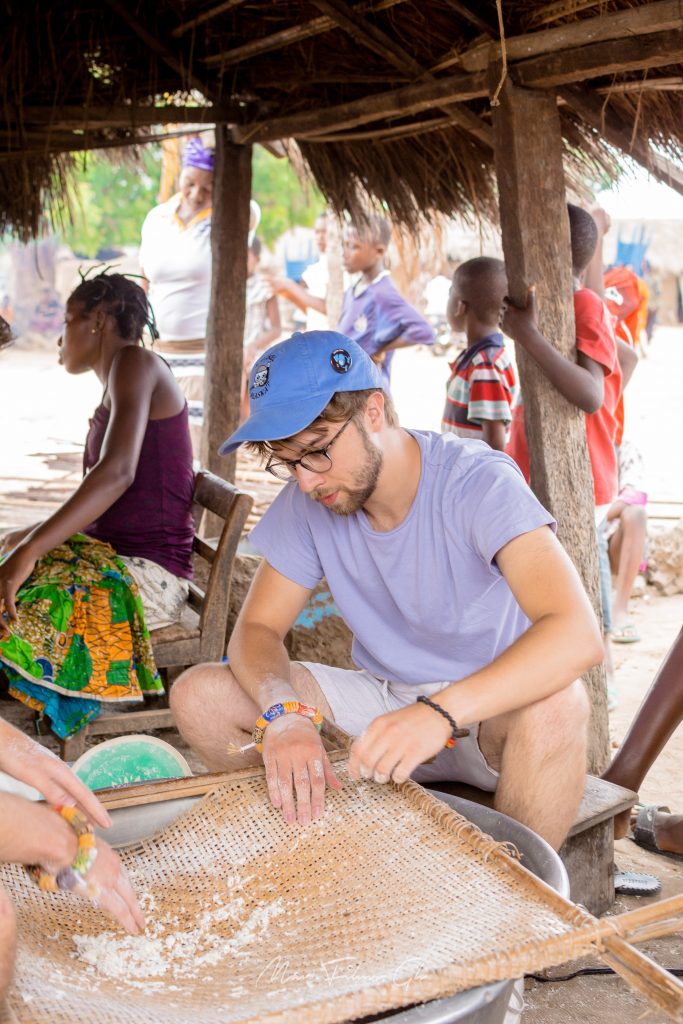
Evan Brook
Evan is a senior at Michigan State University; he studies physics and computational math, science, and engineering. In the topic of education research, Evan is interested in researching educational equity, educational institutions in Africa, and specifically topics in physics education. In addition to education research, Evan studies quantum acoustics and quantum information at the Laboratory for Hybrid Quantum Systems. In the future, he looks to pursue a PhD in quantum information and broaden this education initiative further into STEM. Also likes animals.
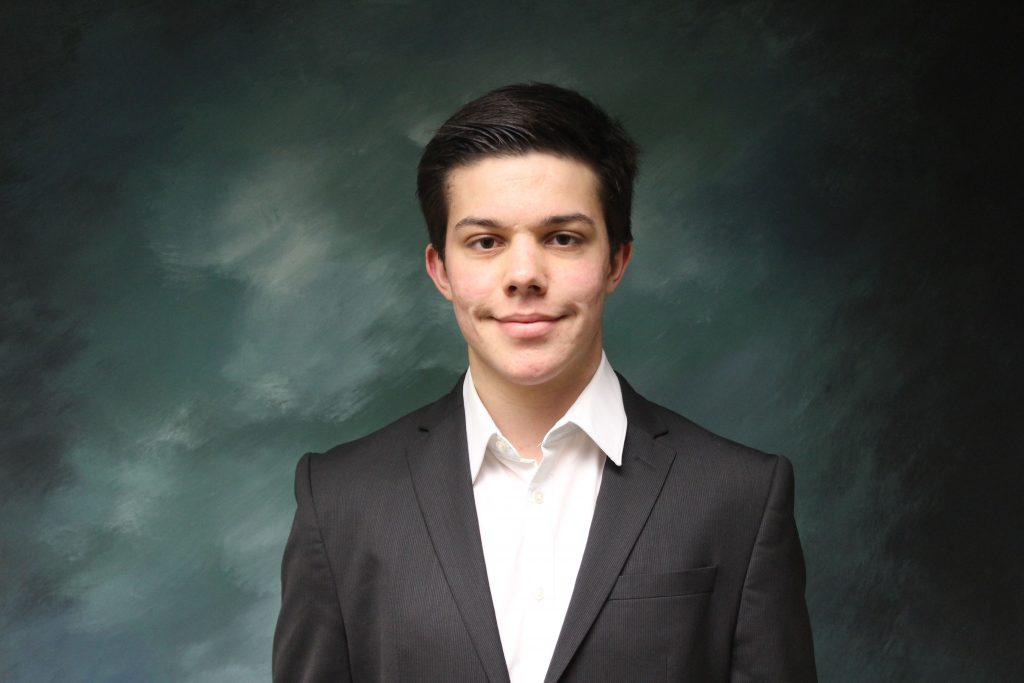
Gabriel Moreau
Gabriel is a senior at Michigan State University; he is double majoring in physics and piano performance and is a recipient of the 2018 Goldwater Scholarship. He is the founder of this initiative and of the MSU Cultural Initiative. He is currently a research assistant in MSU’s High Energy Physics group, and in the Laboratory for Hybrid Quantum Systems. Gabriel is from Aix-en-Provence, a town in Southern France. He enjoys practicing piano, sailing, and considering the commonalities between physics and music. In the future he plans on pursuing a PhD in quantum information.
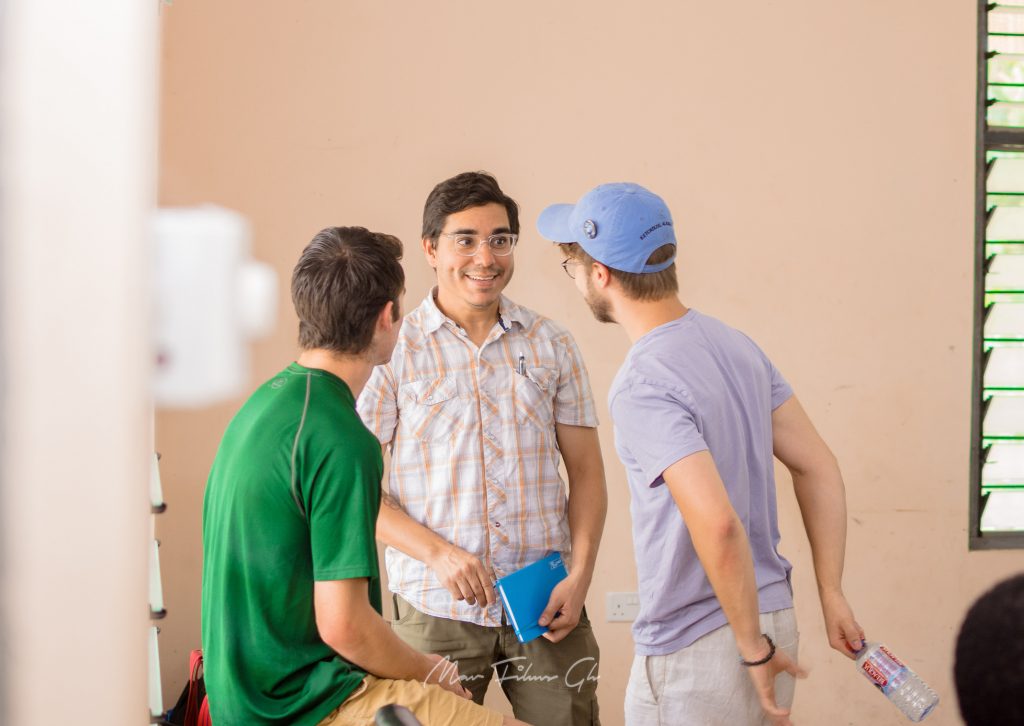
Danny Caballero
Danny is a physics education researcher who studies how tools and science practices affect student learning in physics, and the conditions and environments that support or inhibit this learning.He earned my B.S. in physics from the University of Texas at Austin in 2004. He worked on opto-microfluidics transport and control experiments at the Georgia Institute of Technology earning my M.S. in physics before shifting his research focus to physics education. He helped found the Georgia Tech Physics Education Research group in 2007 and earned the first physics education focused Ph.D. from Georgia Tech in 2011 working on computational modeling instruction and practice. He moved to the University of Colorado Boulder as a postdoctoral researcher and helped transform upper-division physics courses to more active learning environments. He conducts research from the high school to the upper-division and am particularly interested in how students learn physics through their use of tools such as mathematics and computing. His work employs cognitive and sociocultural theories of learning and aims to blend these perspectives to enhance physics instruction at all levels. His projects range from the fine-grained (e.g., how students understand particular elements of code) to the course-scale (e.g., how students learn to model systems in electromagnetism) to the very broad (e.g., how does computing affect learning across a degree program?). Presently, he co-directs the Physics Education Research Lab at MSU.
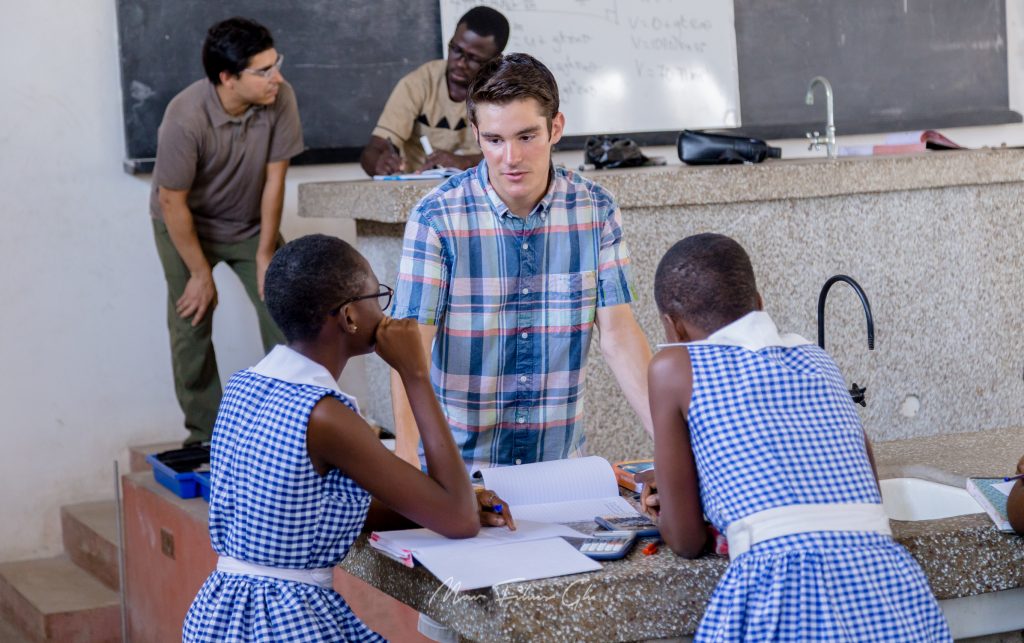
Matthew Ring
Matt Ring is an undergraduate Physics Major in the College of Natural Science. He has minors in Mathematics, CMSE, and Science Policy. Currently, Matt conducts research with Dr. Danny Caballero through the PERL lab on the impact of curriculum change in introductory chemistry courses on student persistence in STEM majors and performance in future courses. Matt worked in a STEM summer research position at the University of Oslo’s Center for Computation in Science Education Department under the guidance of Dr. Caballero. After graduation, Matt plans to pursue graduate studies in machine learning and public policy. His interests typicallyinvolve the intersection between public policy and the sciences, and the usage of methodologies from data science to assess and solve policy problems.
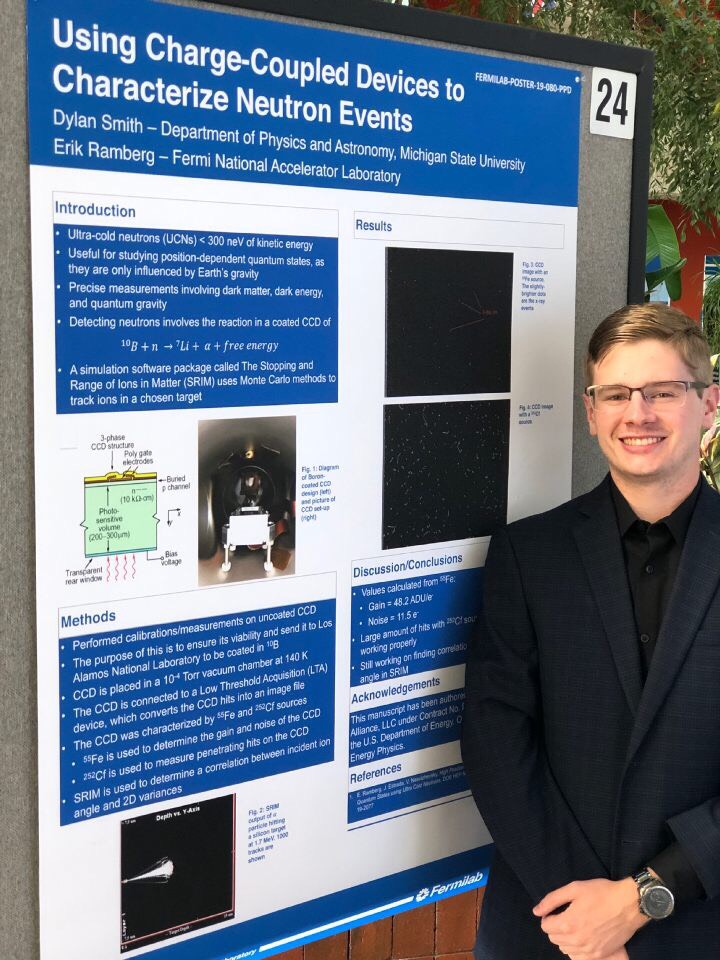
Dylan Smith
Dylan is a senior at Michigan State University. He is pursuing a major in Physics and a minor in Mathematics through Lyman Briggs College. He currently works in the Theory Department at the National Superconducting Cyclotron Laboratory, using machine learning algorithms to simulate quantum many-body processes. He works in physics education research in part to provide educational systems in Africa with resources that will bolster secondary physics education. His favorite hobby is reading philosophy books. In the future, he plans to pursue a PhD in computational physics, towards the end of applied machine learning.
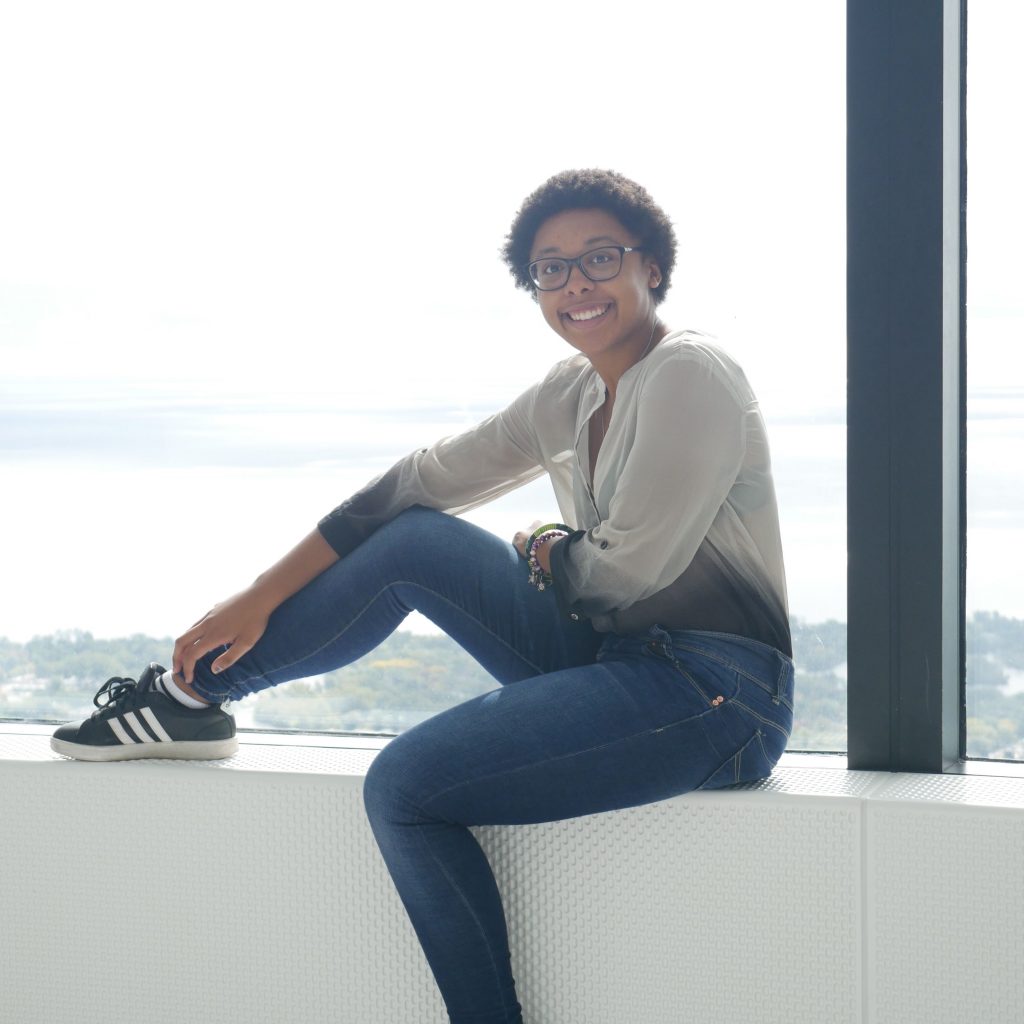
Aalayah Spencer
Aalayah is a senior at Michigan State University; she studies astrophysics and computational math, science, and engineering. She is an undergraduate researcher at the National Superconducting Cyclotron Laboratory, where she experimentally studies explosive stellar astrophysics. In particular, constructing a recoil separator to study alpha and proton capture reactions to understand heavy element nucleosynthesis in these events. After finishing her studies, she plans to specialize in plasma science and technology and work in applied research in the space exploration sector. Alongside her studies, she enjoys running the Society for Women In Space Exploration, as well as showing everyone the new skills she learns in her singing classes!